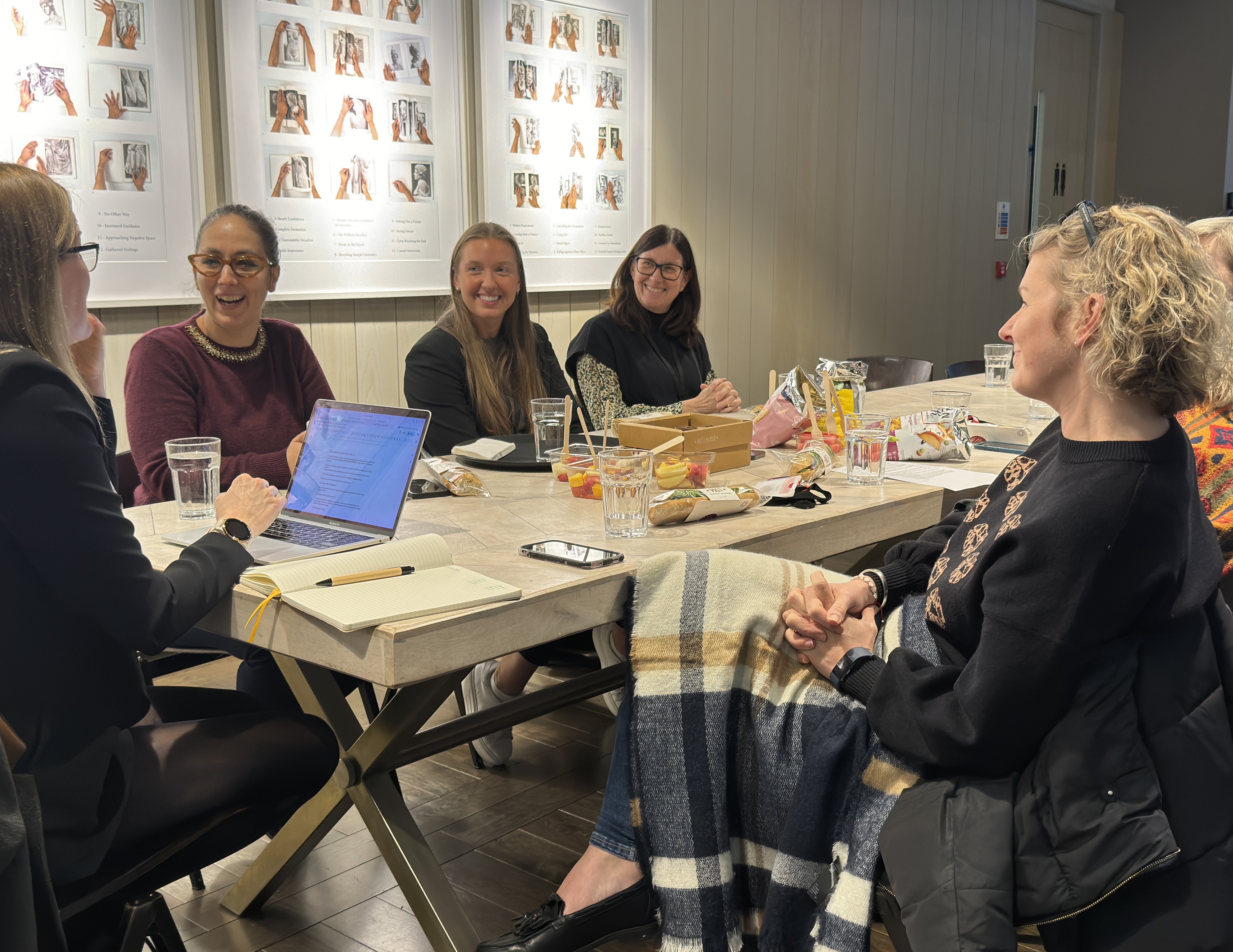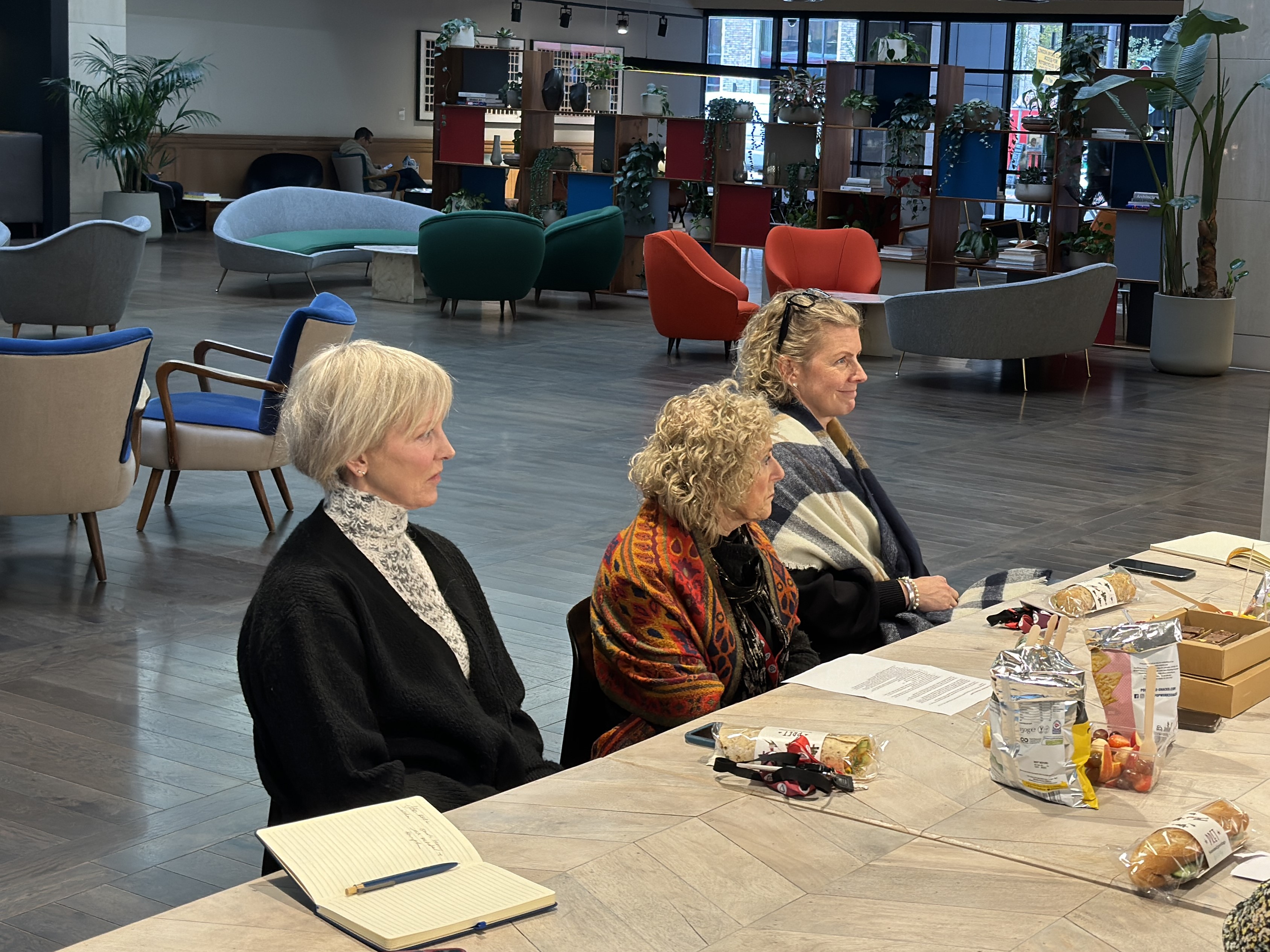Having a Will in itself is a really important thing to do, so just writing one is a great start. Then it’s important to keep it up-to-date. So often we’ll see a Will which talks about a ‘child’ but was written years ago - that person will have grown up, they may even be married and have a new name, and it’s important your Will is accurate so it can be executed properly.
If you are making an amend, a codicil can be a quick and easy tool to update your Will. However, do be mindful that codicil after codicil can sometimes end up with conflicting information, and they’ll revoke each other. Consider whether it might be a better idea to just re-write your Will.
Do try to have your Will typed, if you can, and proofread it plenty of times. It’s so easy to make a mistake, particularly if you’re copying and pasting sections, so read it a few times through. Mistakes will make it very hard for whoever has to execute your Will, so help them out by making sure it’s right.
Here in the team, we imagine what it will be like for our teammates having to read our Will. We’ve made sure if we are leaving a percentage of our estate to a charity, that those percentages are nice and simple (not 1.92%!) and any amounts given to anyone are listed in order. That would be really nice - if everyone’s gifts were listed in order of value!


